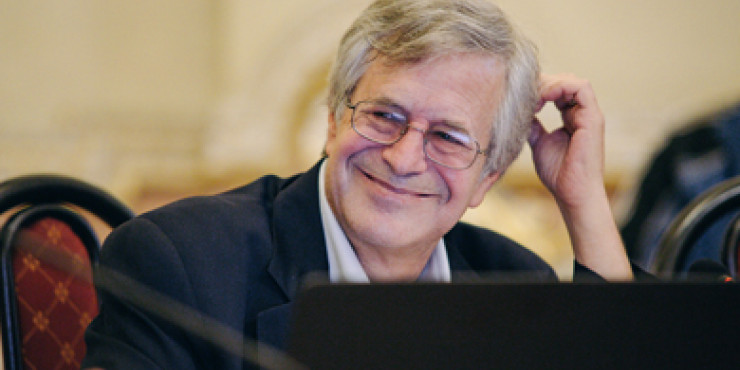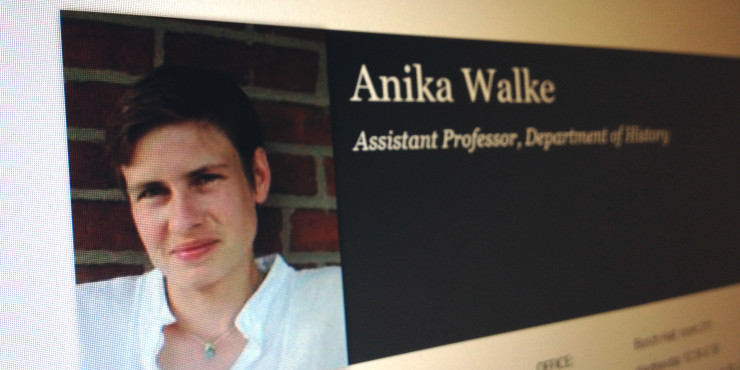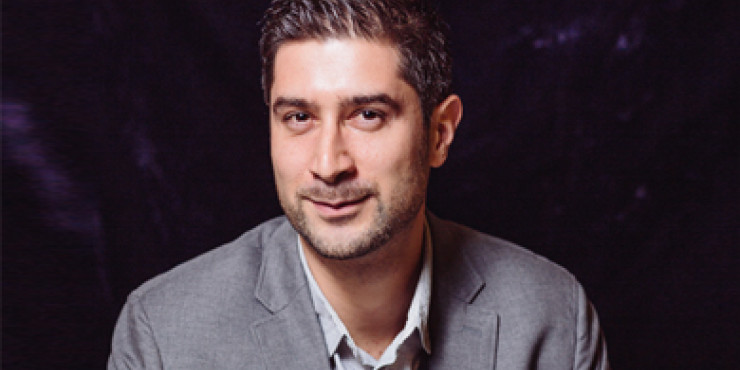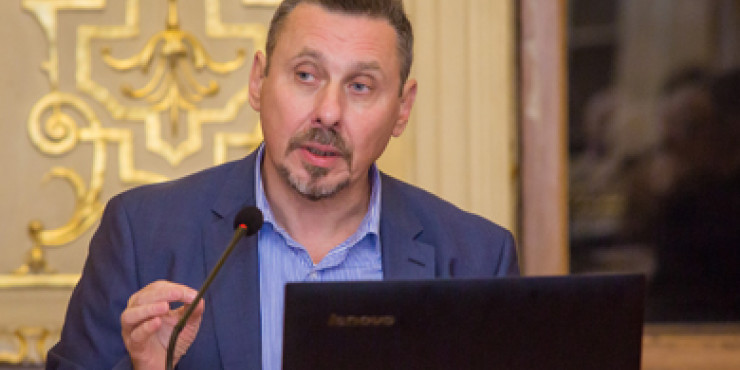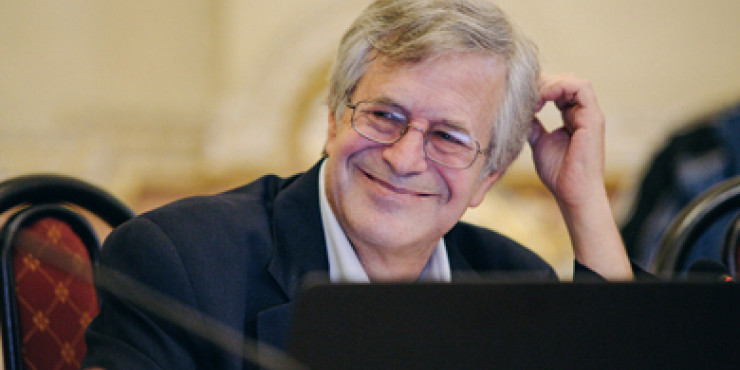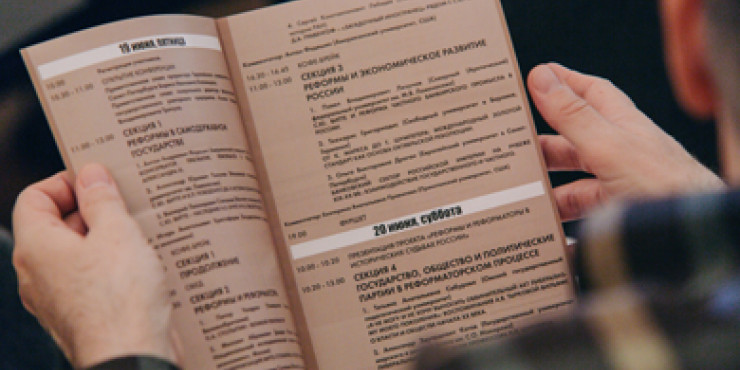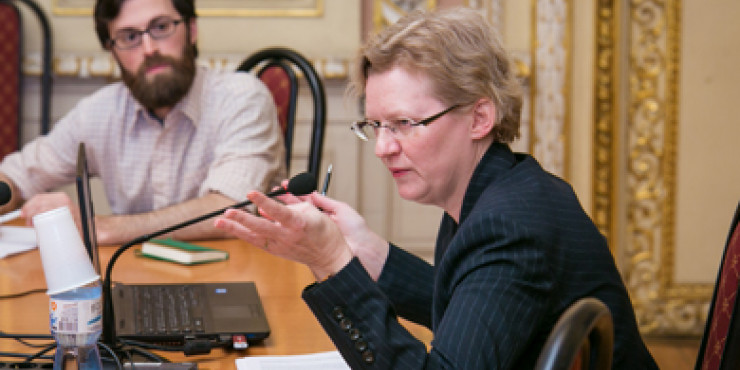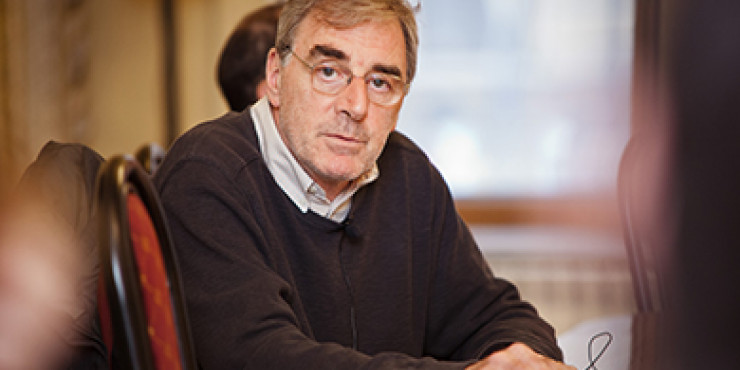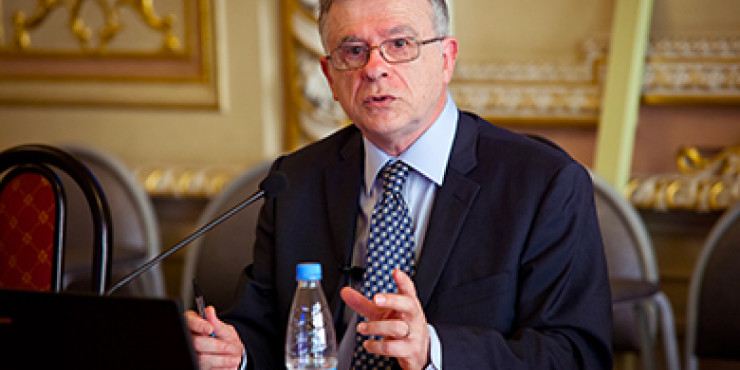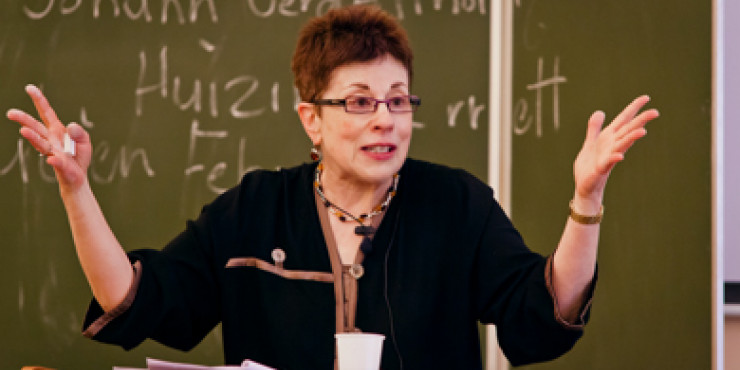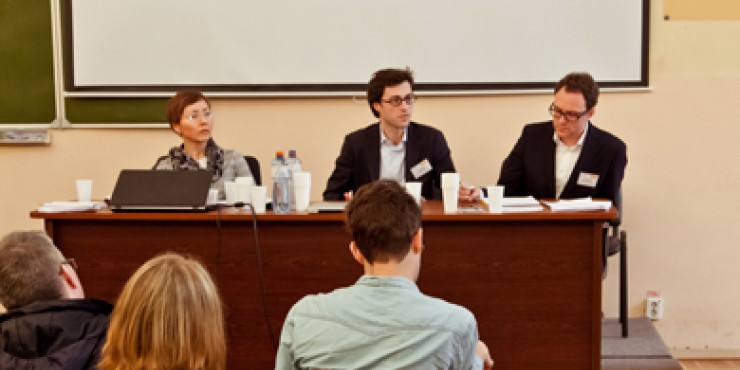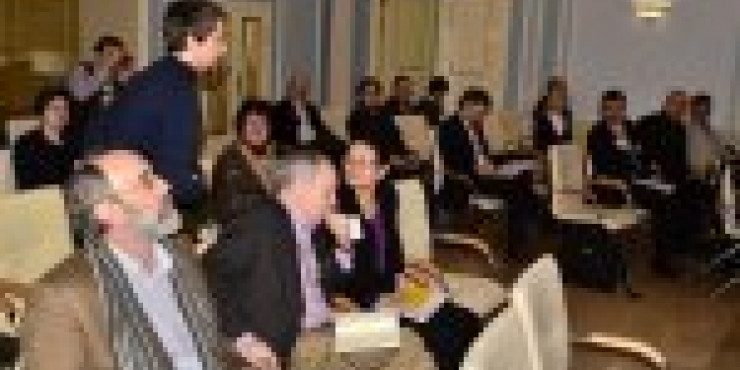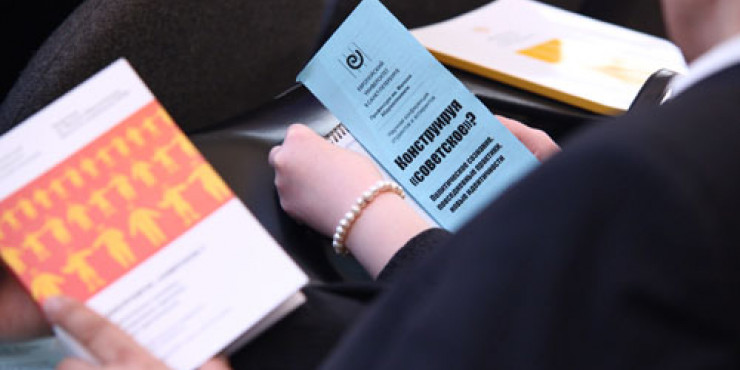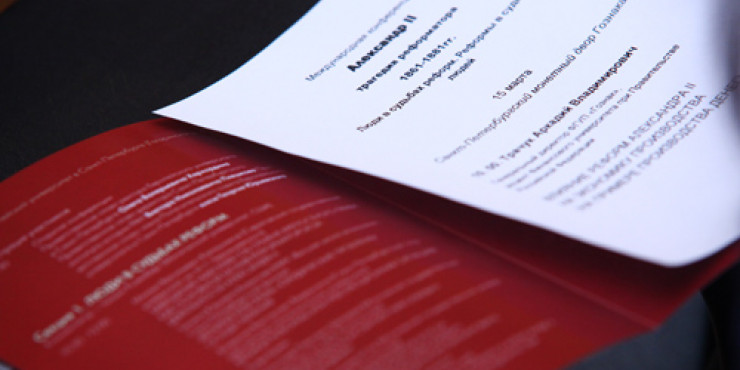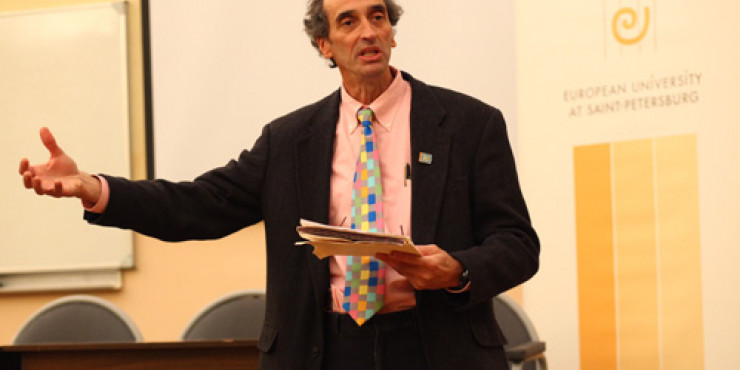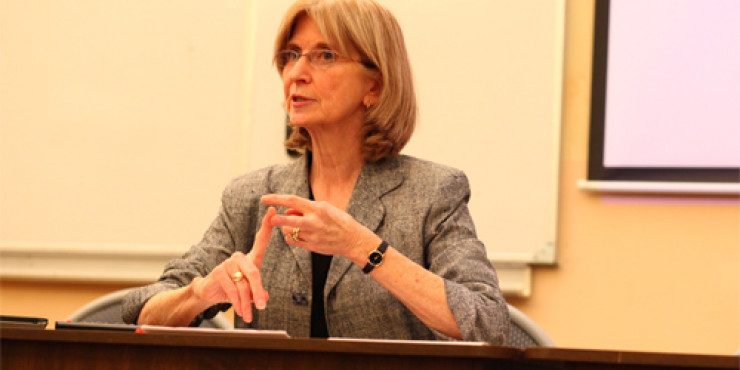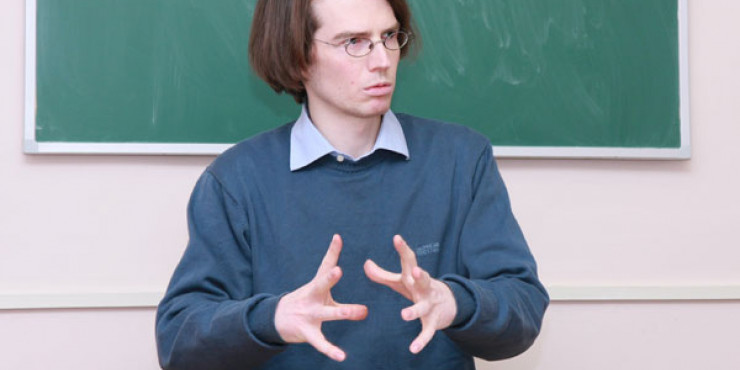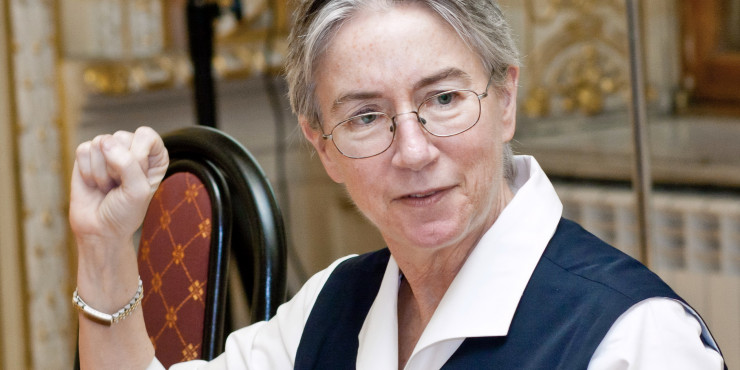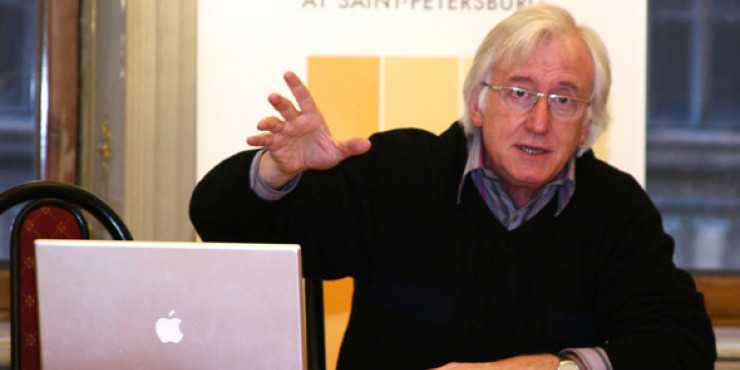24.09.2015
The answer to this question was the main focus of Daniel Todes’ open seminar held on September 24, 2015 at the European University at St. Petersburg. A professor in the Department of the History of Medicine at Johns Hopkins University (USA), author of the first biography of Ivan Pavlov and a visiting professor in the EUSP’s Department of History, Daniel Todes spoke about his experience studying the life and work of Ivan Pavlov and the examination of the last of Pavlov’s manuscripts, written (but never finished and never published) by the scientist in the last winter of his life in the Leningrad suburb of Koltushi.
photos
